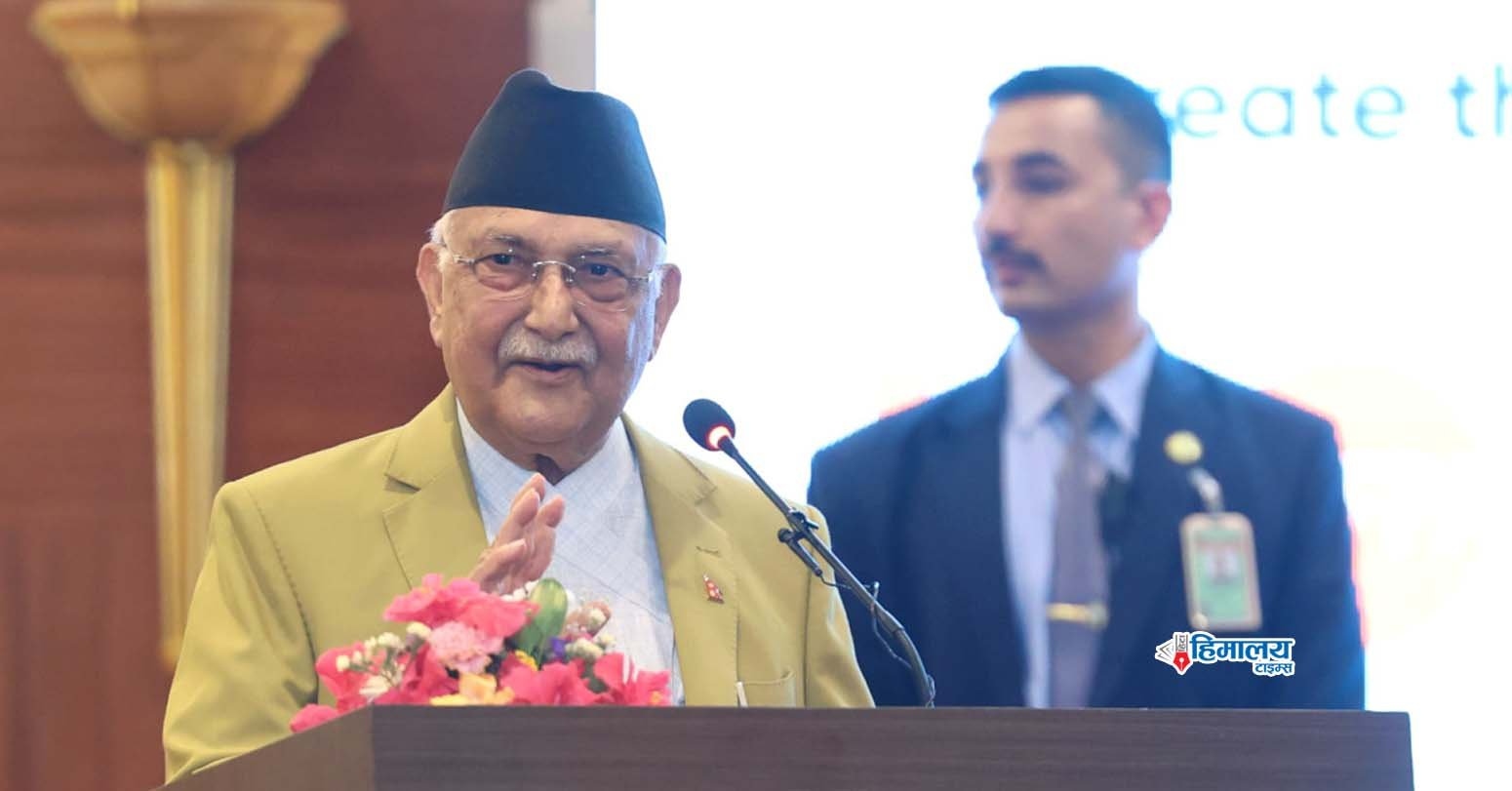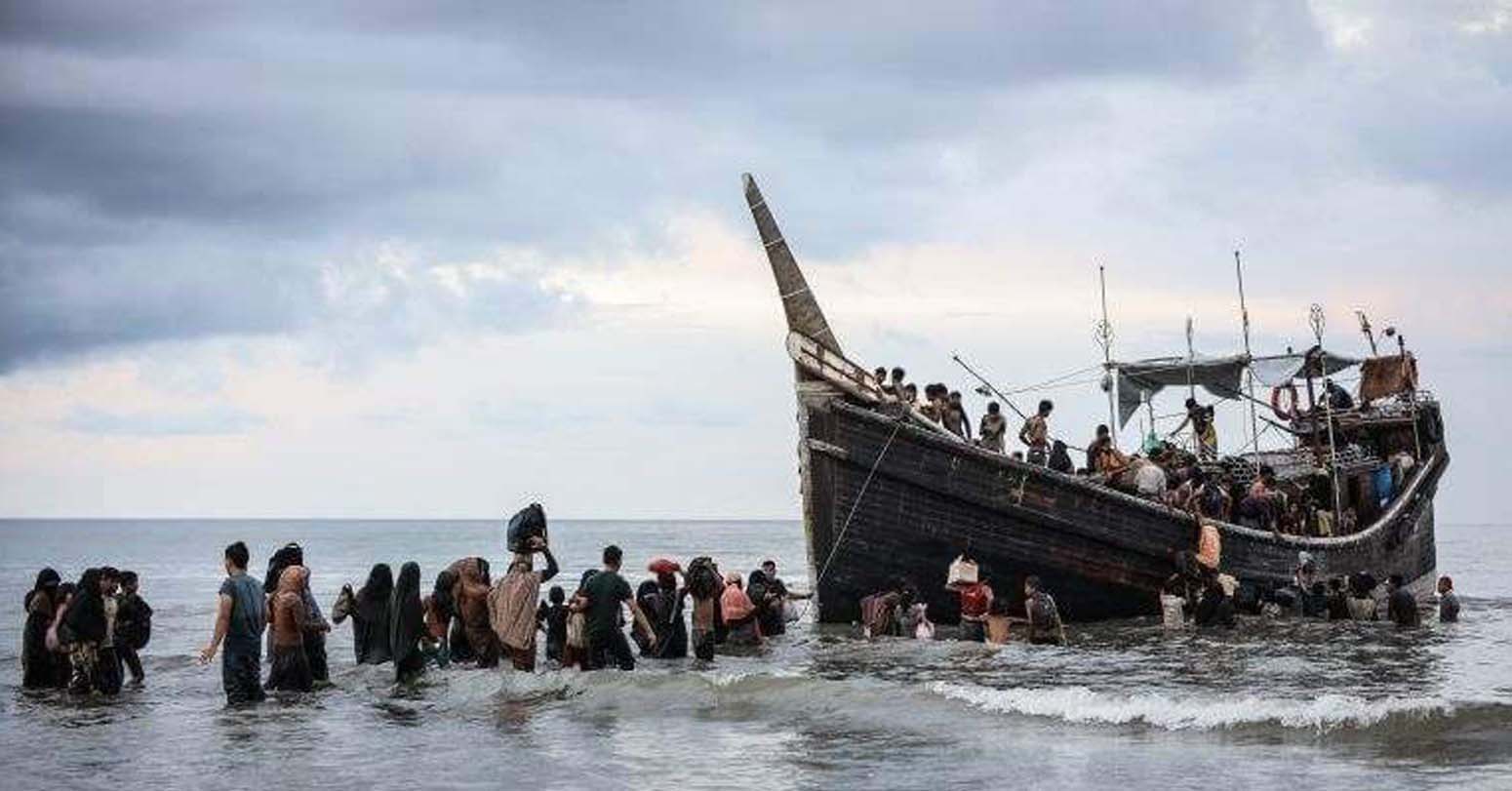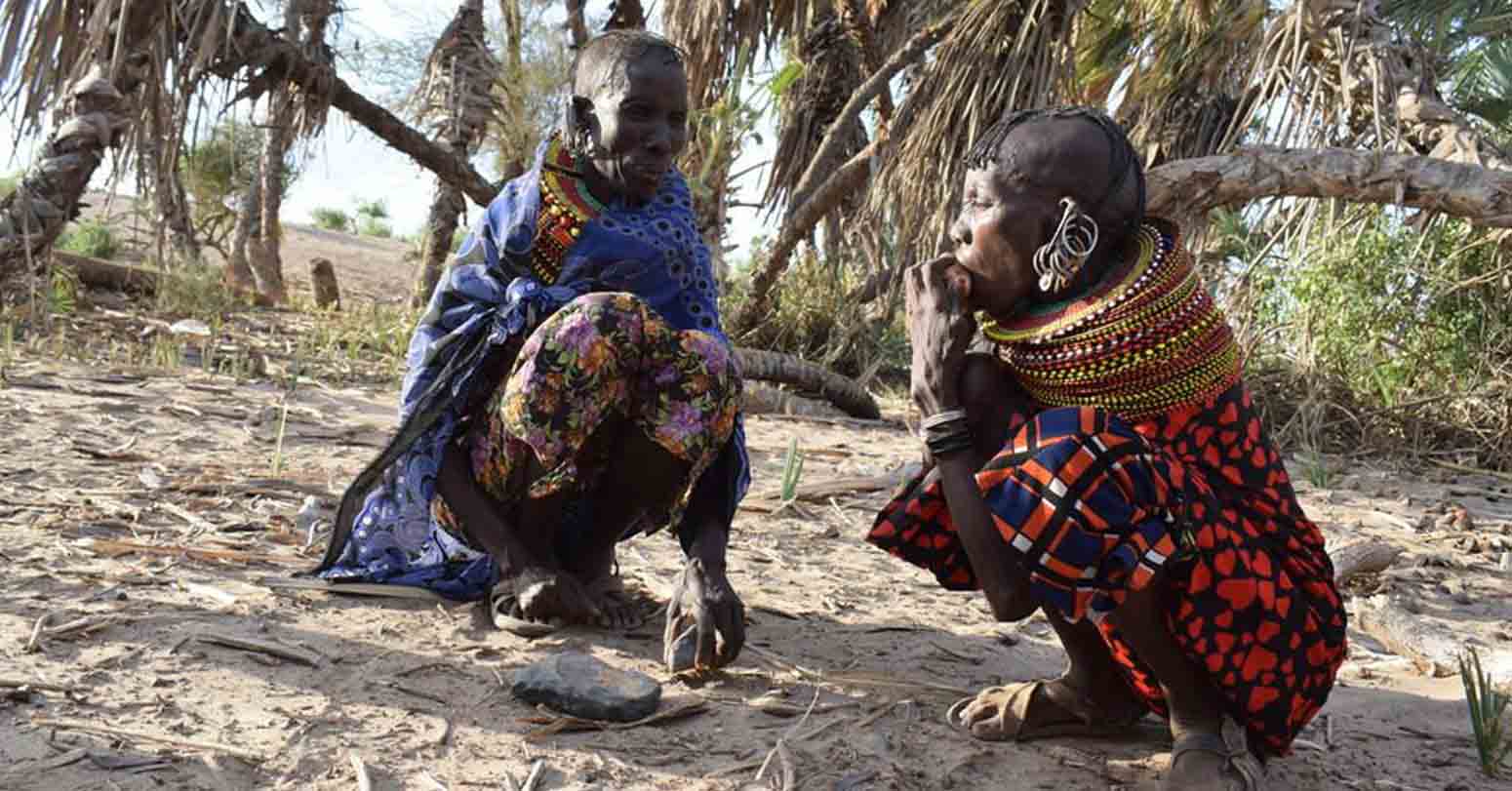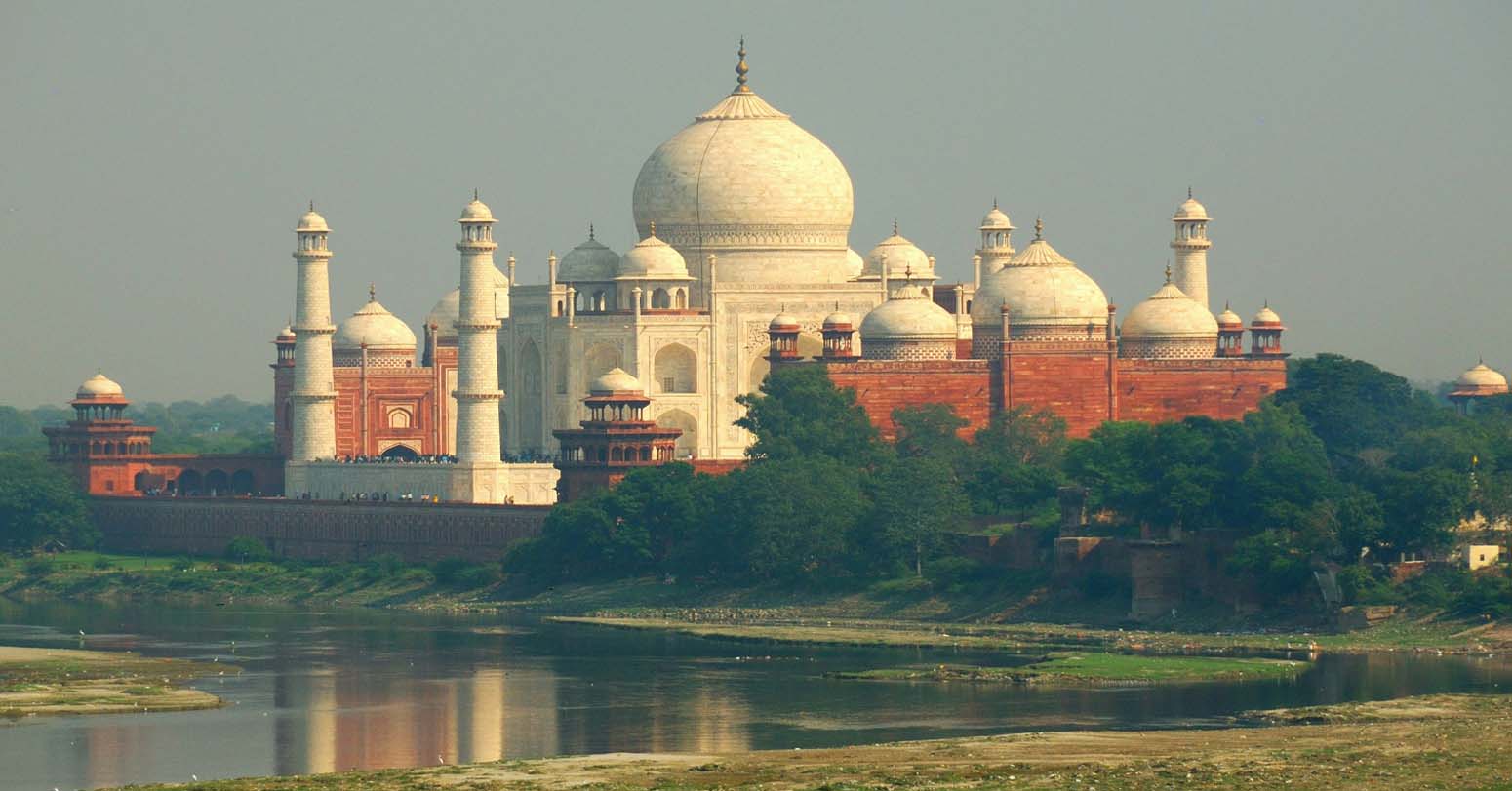
Mayanae Lemojong stands in the middle of her camels, the dry grass crunching underfoot as a gentle breeze stirs the dust around her. She looks out across the vast, sun-scorched landscape of Ngilai, northern Kenya, where the acacia trees stand resilient against the harsh climate.
To the outsider, this land may seem unforgiving, but to Lemojong, it is home -- a place worth fighting for.
In Ngilai, the fight is led by women like Lemojong, who have taken on new leadership roles to ensure the survival of their families and the larger community. Once solely responsible for household duties and raising children, they are now stepping beyond traditional roles, advocating for change and shaping the future of their land and people.
Lemojong's biggest dream is to give her children the one thing she said she did not have the privilege to experience -- education.
"Education opens your eyes. I want my children to know that the world is diverse, and so should their dreams. The legacy I want to leave for my children is education. I know it starts with being active in making our voices heard and creating a realistic vision for our community," Lemojong said in a recent interview with Xinhua.
Ngilai's Samburu community, known for their colorful attire and nomadic lifestyle, has long lived in harmony with nature, grazing livestock across semi-arid lands. But the pressures of modern life, climate change, access to healthcare, and education have forced the community to rethink how they approach these challenges. And it is the women who are leading the way.
Four years ago, the Ngilai people began a partnership with Legado, an organization that helps indigenous communities articulate their vision for the future. Together, they developed the Nkishon Supat e Ngilai Legacy Plan, a blueprint for enhancing the community's resilience and sustainability in the face of growing threats.
Women like Lemojong played a pivotal role in creating this plan, which integrates environmental conservation with gender equity and health.
"Women have always been the caretakers of the land, but now, we are also the leaders. We are using our voices to ensure that our community not only survives but thrives," Lemojong explained.
For Khadija Lelesara, taking on a leadership role in a community where deeply entrenched culture and tradition sideline women from decision-making processes was a pipe dream.
Lelesara grew up knowing leadership was only a man's job. "Before we came up with the legacy plan, I would never have imagined myself sitting at the table where decisions are made. Taking part in the Thriving Futures training deepened my perspective on leadership. I am now a committee member in one of our schools," Lelesara said.
One of the most striking changes in Ngilai is how women have transformed maternal health in the community. Maternal health is a key pillar in the legacy plan.
For years, access to healthcare was limited, and traditional birth practices were often the only option for Samburu women. As climate change and prolonged droughts impacted the community, however, it became clear that maternal health needed to be prioritized.
In response, the women of Ngilai, with the help of Legado, built a maternity shelter that blends traditional Samburu birthing practices with modern medical care. The shelter, designed by the community, is attached to the Lolkuniyani Dispensary and features warmer rooms and beds that allow for traditional birthing positions.
"We wanted a space where women could feel safe and supported, where they would receive the care they deserve," said Purity Lekipila, one of the women who took part in constructing the shelter.
Since its opening, the shelter has already welcomed more than 28 newborns, giving mothers the comfort of knowing they can access both traditional birth attendants and emergency medical care if needed.
"We have seen the power of coming together. Our work is not just about health; it is about ensuring our children grow up strong and proud of their heritage," said Roselyn Lororua, who now leads the maternity shelter.
The construction of the maternity shelter is just one example of how Ngilai's women are finding ways to blend tradition with modern solutions. In a community where cultural norms are deeply ingrained, navigating change can be a delicate process.
Tita Alvira, Legado's chief partnerships and programs officer, said the organization recognizes the importance of respecting these cultural practices while integrating new ideas for the legacy plan to come to life.
For instance, traditional birth attendants use herbal medicine in their work, so maintaining their community role incentivizes the protection of land where medicinal plants grow. "The goal was not to break traditions but to create spaces where women feel safe to speak up and take part in decision-making," Alvira said.
Andrew Lenanyokie, the Ngilai Thriving Futures Site coordinator, credited the success of building the legacy plan to prioritizing gender equity as a fundamental part of the process. "Giving our women a leading role in creating the vision for our future was the best thing to happen to Ngilai people. Women take care of us and our homes, a great skill we needed at the community level," Lenanyokie added.
In Ngilai, where women have historically been silent in public meetings and watched from afar, the shift is significant. Today, they are actively involved in setting priorities for the community's future.
According to Lenanyokie, the number of women appointed as board members in conservancies across the region has increased. "In one of the conservancies, eight out of the 18 board members are women," Lenanyokie said.
This change, Alvira noted, has led to an increase in community participation, with more women contributing to the vision of a sustainable future.
Women like Lemojong are proud of what they have achieved but are acutely aware that there is still work to be done. The road to a sustainable future is not without its challenges. Cultural barriers remain, and breaking the mindset of thinking in silos takes time.
"These women are not just stewards of their land; they are leaders of change. The work being done in Ngilai is a testament to the power of community-driven solutions, and it's a model that can inspire others around the world," Alvira said.
-XINHUA



















Middle-aged man spends millions to
Dr. Dharam Raj Upadhyay: Man
Breathing The Unbreathable Air
Comprehensive Data Protection Law Critically
Gender Differences In Mental Healthcare
Erosion of Democracy